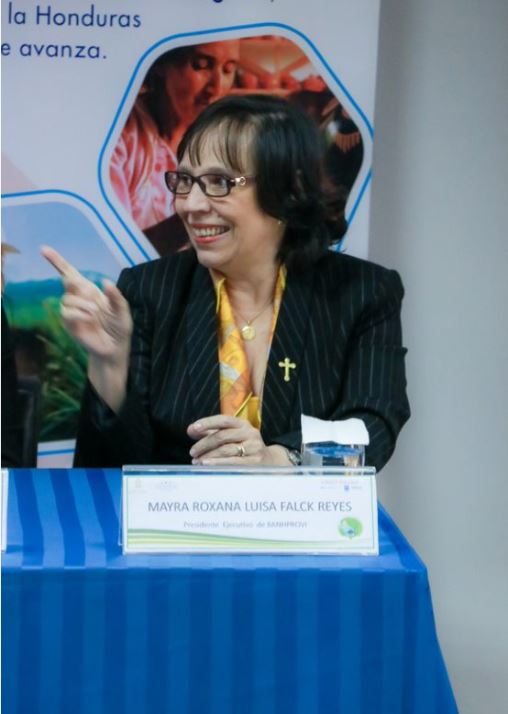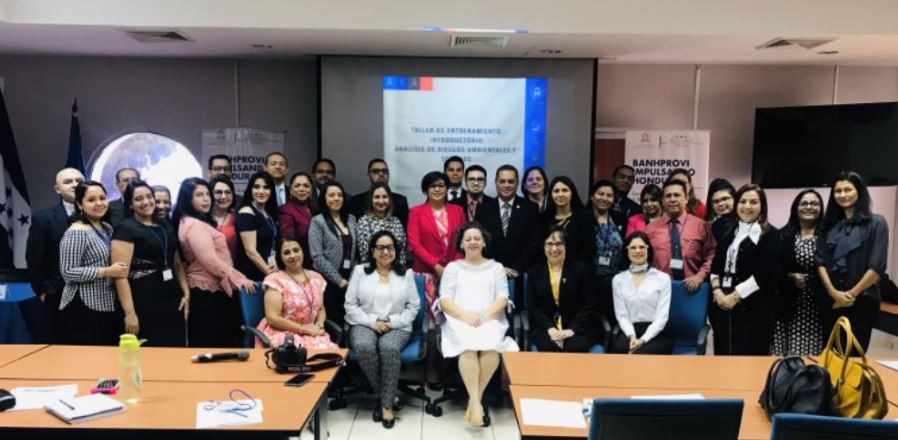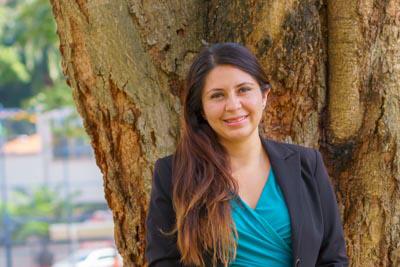Women tend to be underrepresented in the finance industry, but in Honduras, a lower to middle-income country in Central America, we are starting to see a different trend. Women leaders are now starting to play more of a key role in finance, particularly in terms of transitioning to sustainable finance. They are actively promoting the inclusion of financial risks related to climate change as part of investment decision making.
As noted by the Journal of Economic Literature in a study on gender preferences, women are more risk averse than men and when exposed to uncertainty, they are more likely to attempt to lower that uncertainty. To lower climate risk uncertainty in financial systems, Environmental and Social Risks Analysis (ESRA) has emerged as a successful approach adopted by women in financial leadership positions. ESRA identifies, evaluates and manages environmental and social risks in projects and activities seeking finance. More importantly, ESRA minimizes the possibilities of assuming the costs transferred from these risks.
Honduras is one of the world’s most vulnerable countries to the effects of climate change, with an average deforestation of 23,303 hectares per year. Women in financial services and regulatory agencies are responding to this crisis by utilizing and undertaking ESRAs.
Two such key women in the financial sector of Honduras are Ethel Deras, the President of the National Commission of Banks and Insurance (CNBS) and Mayra Roxana Luisa Falck Reyes, the Board President of the Honduran Bank of Production and Housing (BANHPROVI), a local public development bank.
Under Deras´ guidance, the Commission supervises, regulates and controls local institutions to guarantee the stability and solvency of the financial system. They are currently involved in the process of understanding the opportunities and challenges of establishing ESRA regulation. The Commission, in collaboration with other institutions, such as the Association of Banking Institutions of Honduras (AHIBA) and its Sustainable Banking Committee, is participating as an observer in the development of a regulation to introduce mandatory ESRA in financial transactions. Under Deras´ leadership, the Commission is on the road to establishing guidelines and standards towards a more sustainable financial system in Honduras.
Under Falck´s leadership, BANHPROVI, a key financial intermediary and direct and indirect investor in the economy, has expressed the political will to comprehensively channel financial resources to support the achievement of the Sustainable Development Goals (SDGs) and include ESRAs in its standard credit risk process. Falck is convinced that, given the importance of financial disbursements in the agricultural sector, BANHPROVI could play a key role in the protection and restoration of forests and the promotion of sustainable agricultural practices.

In March, Falck participated in two training workshops on ESRA in Tegucigalpa, Honduras, organized by the UN-REDD Programme in collaboration with UNEP FI and the Ecobanking Project of INCAE Business School. As part of the development of the National REDD+ Strategy, the workshops focused on supporting public-private sector actions designed to address the increasing expansion of the agricultural frontier in Honduras.

The workshops were aimed at educating the 60 professionals with BANHPROVI about sustainable finance and the consequences and opportunities generated by the identification and evaluation of socio-environmental risks of their clients and investment partners. Participants were also taught how to identify, evaluate and reduce risks through tools and approaches used by international financial institutions. The training focused on the analysis of social and environmental risk, with a focus on deforestation, stemming from the agricultural sector.

